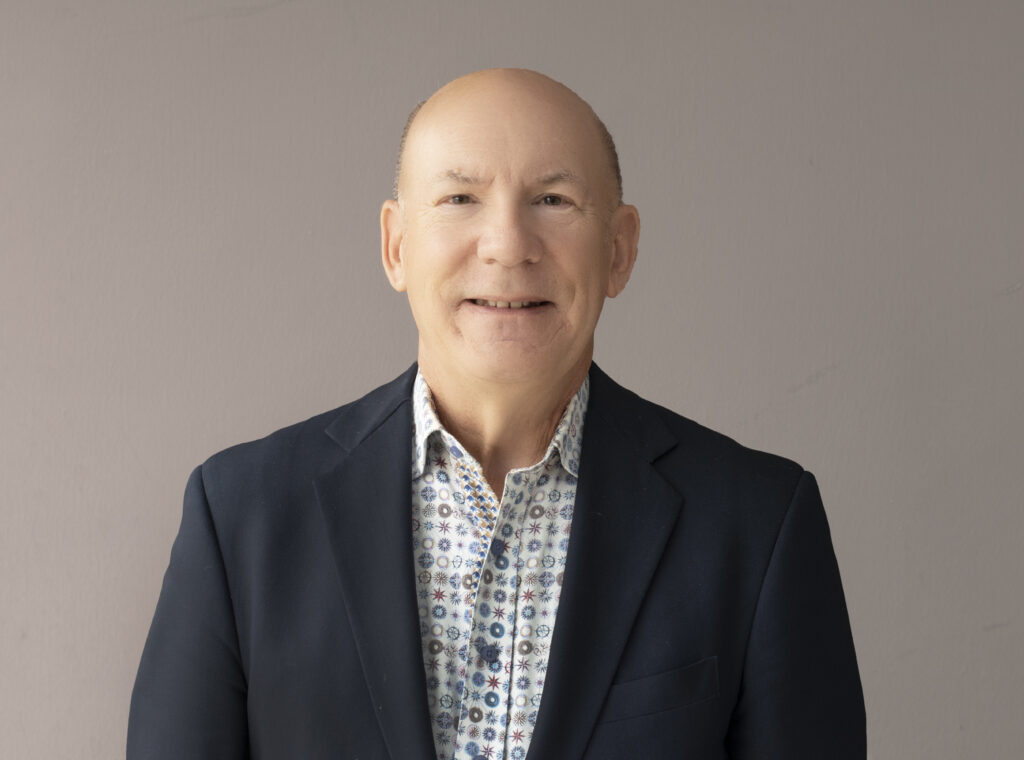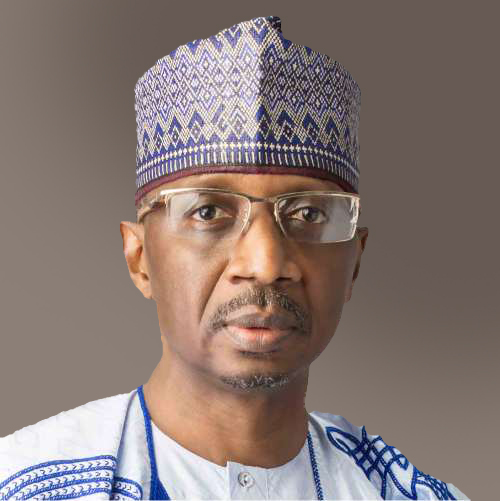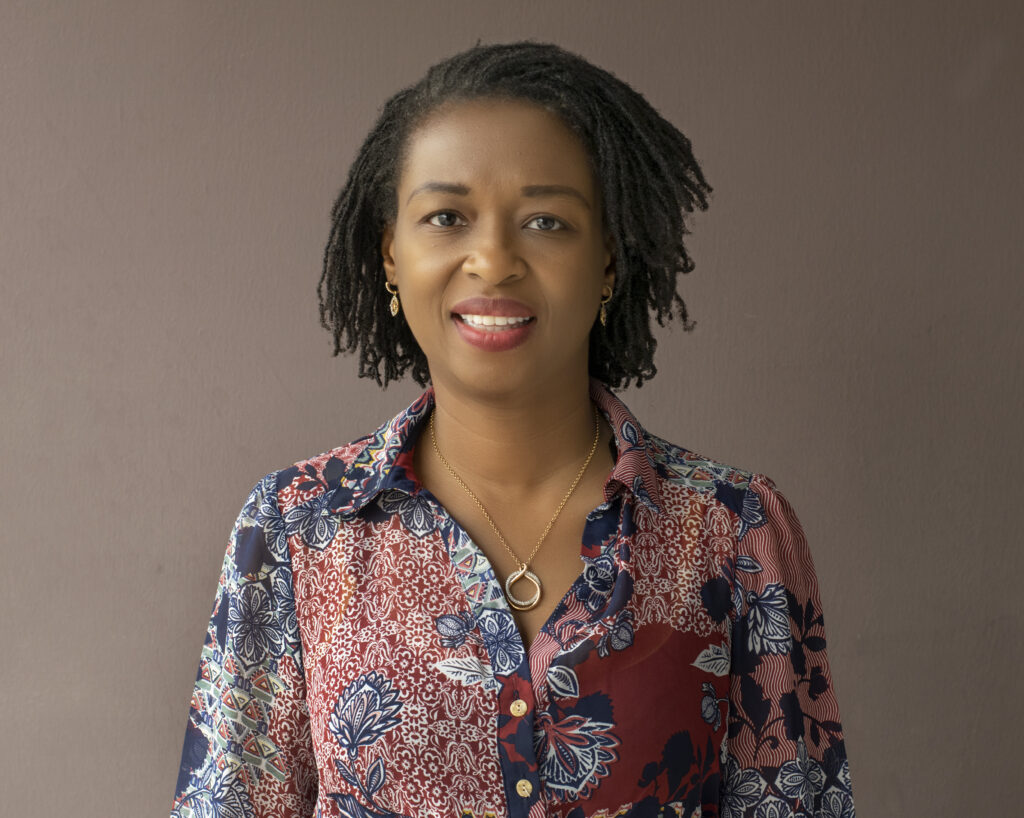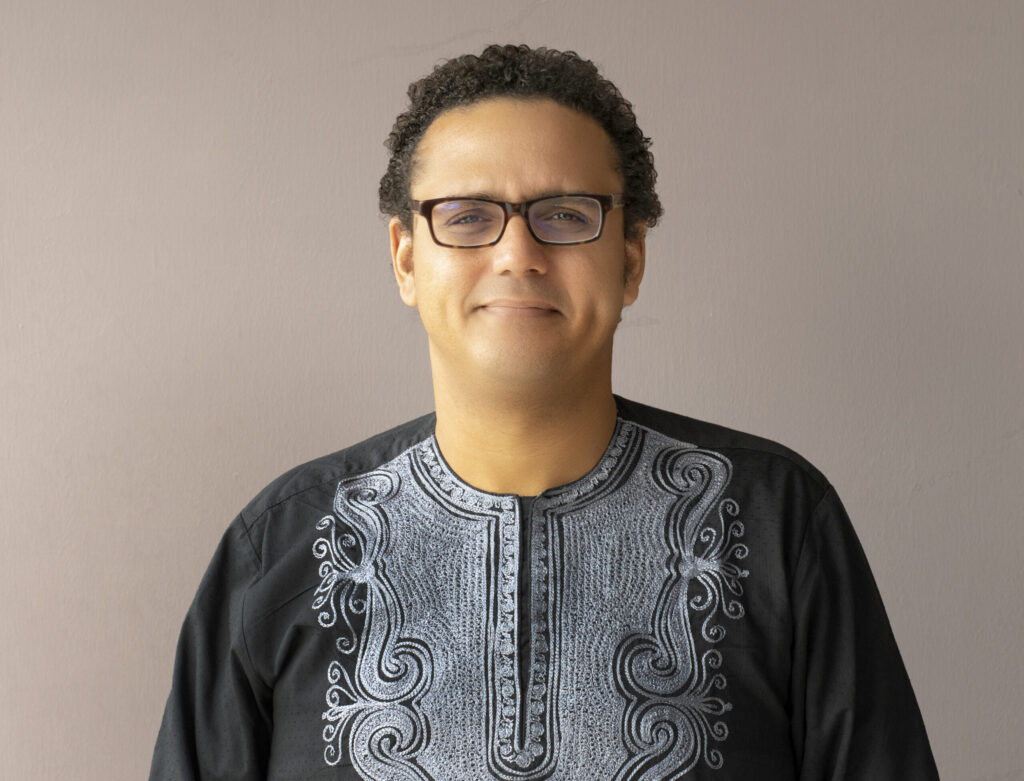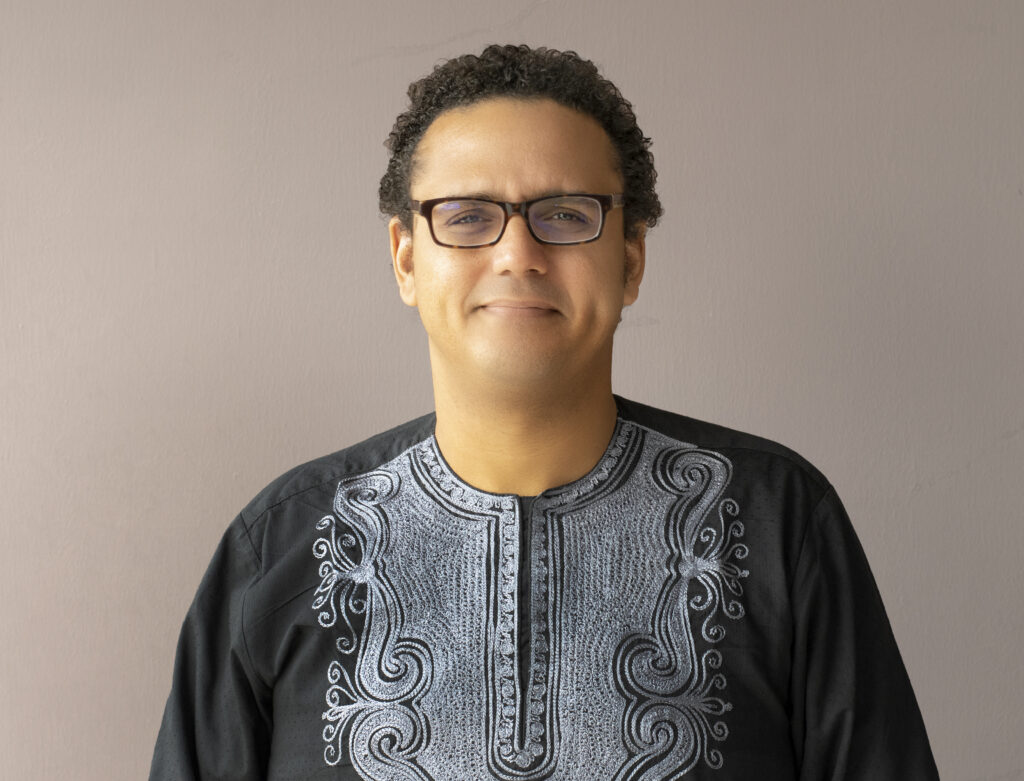
Dry season farming is the practice of planting and cultivating crops during the dry season in Nigeria, usually between the month of October and March.
Due to the limited or lack of rainfall during this period, farmers depend heavily on irrigation systems to water their farms. This practice of farming has been encouraged by agricultural experts in order to improve food security levels in the country and the profitability of farmers.
In 2017, the Nigerian government distributed over 9.5 billion Naira worth of farm inputs to farmers for dry season farming. The scheme had a success rate of 92%.
Here are Facts About Dry Season Farming
If you are considering specialising in dry season farming or adding it to your farming activities, here are some facts you should know:
- Dry Season Farming Improves Food Availability
- Irrigation for Dry Season Farming in Nigeria
- Improves the Quality of the Soil
- There are Fewer Pests and Diseases During the Dry Season
- Transportation of Farm Produce to the Market is Easier
Dry Season Farming Improves Food Availability
A larger percentage of foods produced in the country are planted during the rainy season, such as maize, cassava, potatoes, groundnut, yam, plantain and more. During this period there is an abundance of these farm produce in the market and are cheaper, however, when the dry season draws closer, they become a scarce commodity and are more expensive.
However, with dry season farming, farmers can make these foods available at affordable rates. It also improves the level of food security and ensures the country can meet the food needs of its growing population.

Irrigation for Dry Season Farming in nigeria
The limitation of farmers during the dry season is the lack of rainfall, which is why for dry season farming to be successful water must be readily available for these crops that are usually planted during the wet/rainy season.
To provide water for the crops during this period, farmers make use of irrigation, either traditionally such as sourcing for water from a well or other sources and manually watering the land or through modern methods, which are not labour intensive and are advised for the best results. Drip irrigation, sprinkler system or rain gun irrigation are popular modern irrigation methods that you can use.
Improves the Quality of the Soil
The process of preparing the land and the irrigation of the soil during the dry season helps to keep the temperature of the soil well regulated, which could have been affected by extreme climate conditions such as heat waves during the dry season.
Dry season farming also helps to preserve and improve the nutrient through crop rotation i.e planting a variety of crops during the wet season and another during the dry season.
There are Fewer Pests and Diseases During the Dry Season
One of the major advantages of the dry season that is mostly overlooked is the reduced occurrence of pest infestations and diseases. Most of the pests and diseases that attack crops during the regular planting or rainy season are less during the dry season, thereby increasing yield per acre for farmers.

Transportation of Farm Produce to the Market is Easier
A larger percentage of farms in Nigeria are situated in the rural area, 70% of farmers in Nigeria are smallholder farmers who are located in the rural areas.
During the rainy season, due to the poor road networks leading to rural farms, it is harder to transport farm produce because of muddy or flooded roads. It costs farmers more to transport farm produce during the rainy season than it would during the dry season because the roads are more transport friendly dry season.
